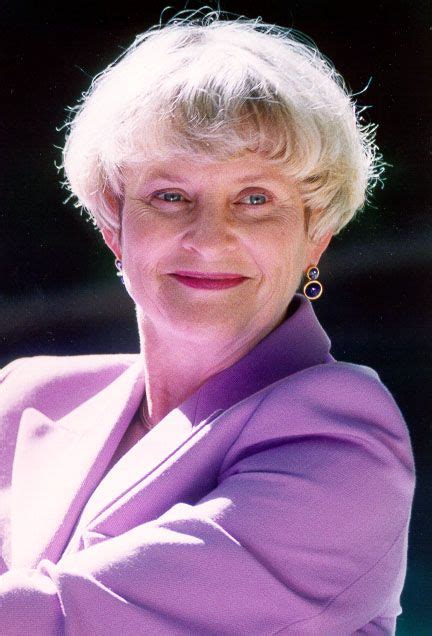A Quote by Susan Kelechi Watson
Historically, and even now, women have been asked to give up on their dreams way more than men, mostly - because it's sort of like you're supposed to once you become a wife and mother. That's a generalization; that's what the mentality has been.
Related Quotes
I've learned to become a progressive man because I have four women in my life. And their mother, who I'm not married to anymore, but who impresses me because of our relationship. Because we have a very deep and friendly relationship that is completely about who we really are now. Before it was husband, wife, mother, father. But now it's about who we are as human beings. Because we didn't give up on each other. And because we didn't hurt each other and blister each other from a divorce. We became tight. Best friends. And more than that even, because now we're best parents.
Women have always been more critical of marriage than men. The great mysterious irony of it is - at least it's the stereotype - that women want to get married and men are trying to avoid it. Marriage doesn't benefit women as much as men, and it never has. And women, once they are married, become very critical of marriages in a way that men don't.
If you just look at the number of roles for women versus the number of roles for men in any given film, there are always far more roles for men. That's always been true. When I went to college, I went to Julliard. At that time - and I don't know if this is still true - they always selected fewer women than men for the program, because there were so few roles for women in plays. That was sort of acknowledgment for me of the fact that writers write more roles for men than they do for women.
Men create their own gods and thus have some slight understanding that they are self-fabricated. Women are much more susceptible, because they are completely oppressed by men; they take men at their word and believe in the gods that men have made up. The situation of women, their culture, makes them kneel more often before the gods that have been created by men than men themselves do, who know what they've done. To this extent, women will be more fanatical, whether it is for fascism or for totalitarianism.
Having expressed the rage against the laws and conditions that oppressed them - maybe even excess anger in the beginning was directed at men they came in contact with, because it had been pent up too long - women now come from a new position of easier, more comfortable self-affirmation and empowerment. Women are given to tolerance and are more able to love. I hope it happens also to men.
I had more problems with the men in our own government, and not because they were male chauvinistic pigs but because they had known me for so long. I might have been a carpool mother and a friend of their wife, and so they'd been to my house for dinner and things like and they thought 'how did she get to be secretary of state when I should be secretary of state?' So that was more of a problem.
Many women, particularly young women, have claimed the right to use the most explicit sex terms, including extremely vulgar ones, in public as well as private. But it is men, far more than women, who have been liberated by this change. For now that women use these terms, men no longer need to watch their own language in the presence of women. But is this a gain for women?




































